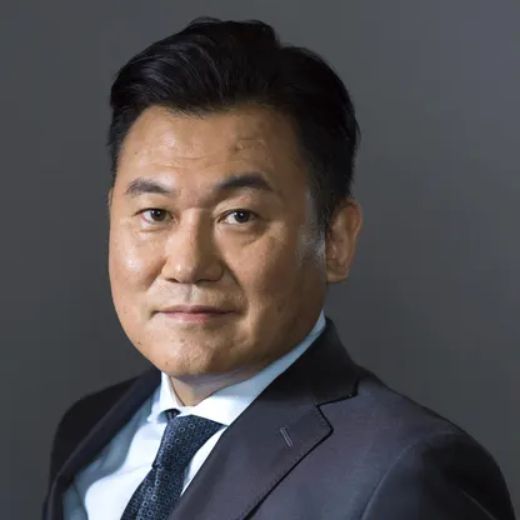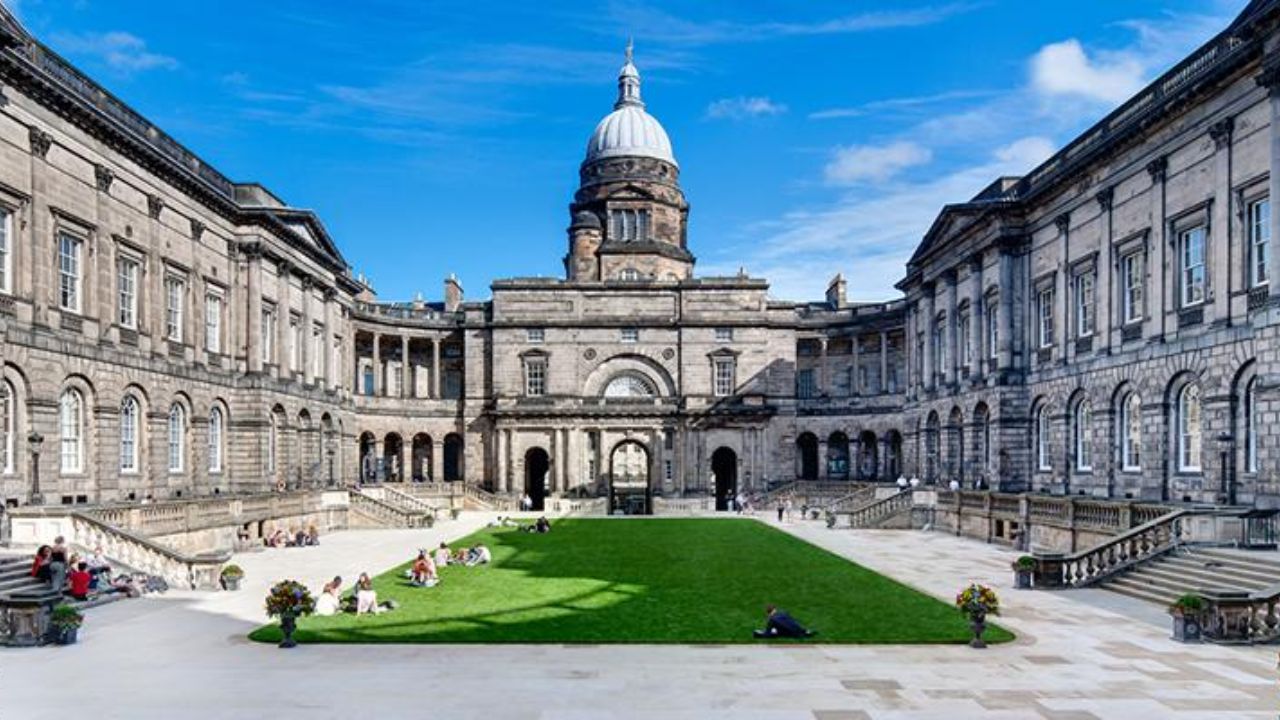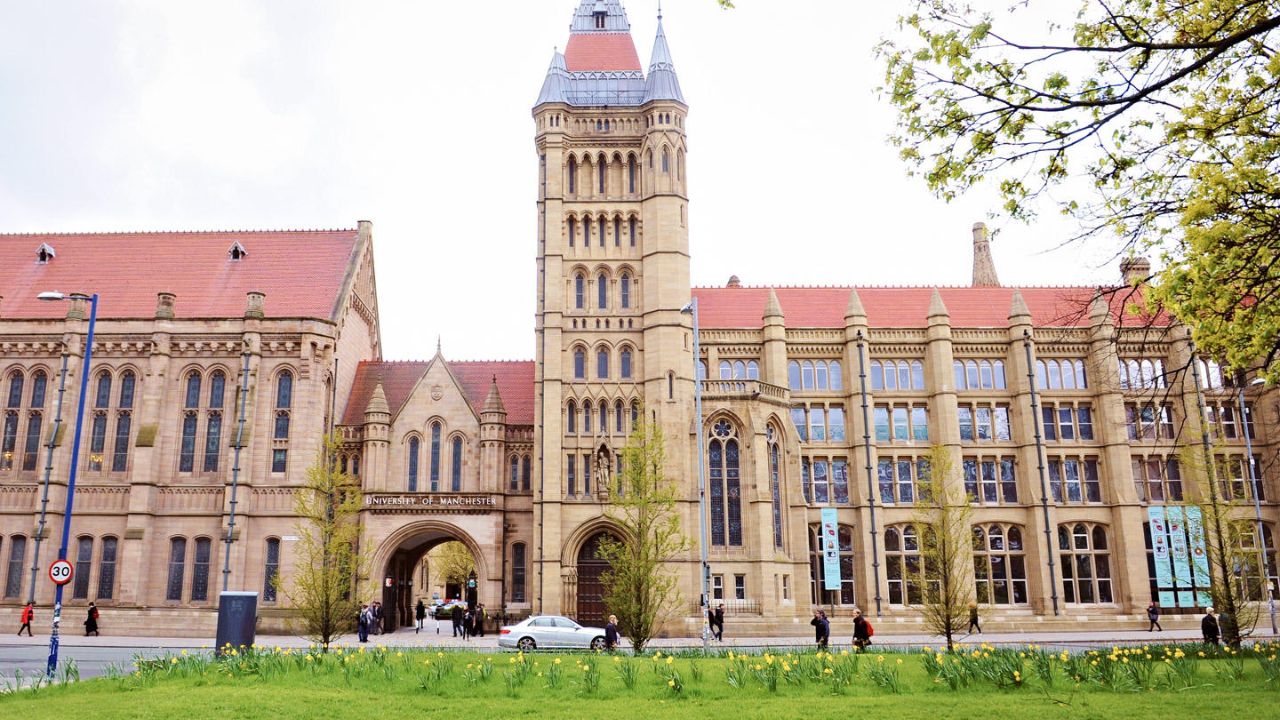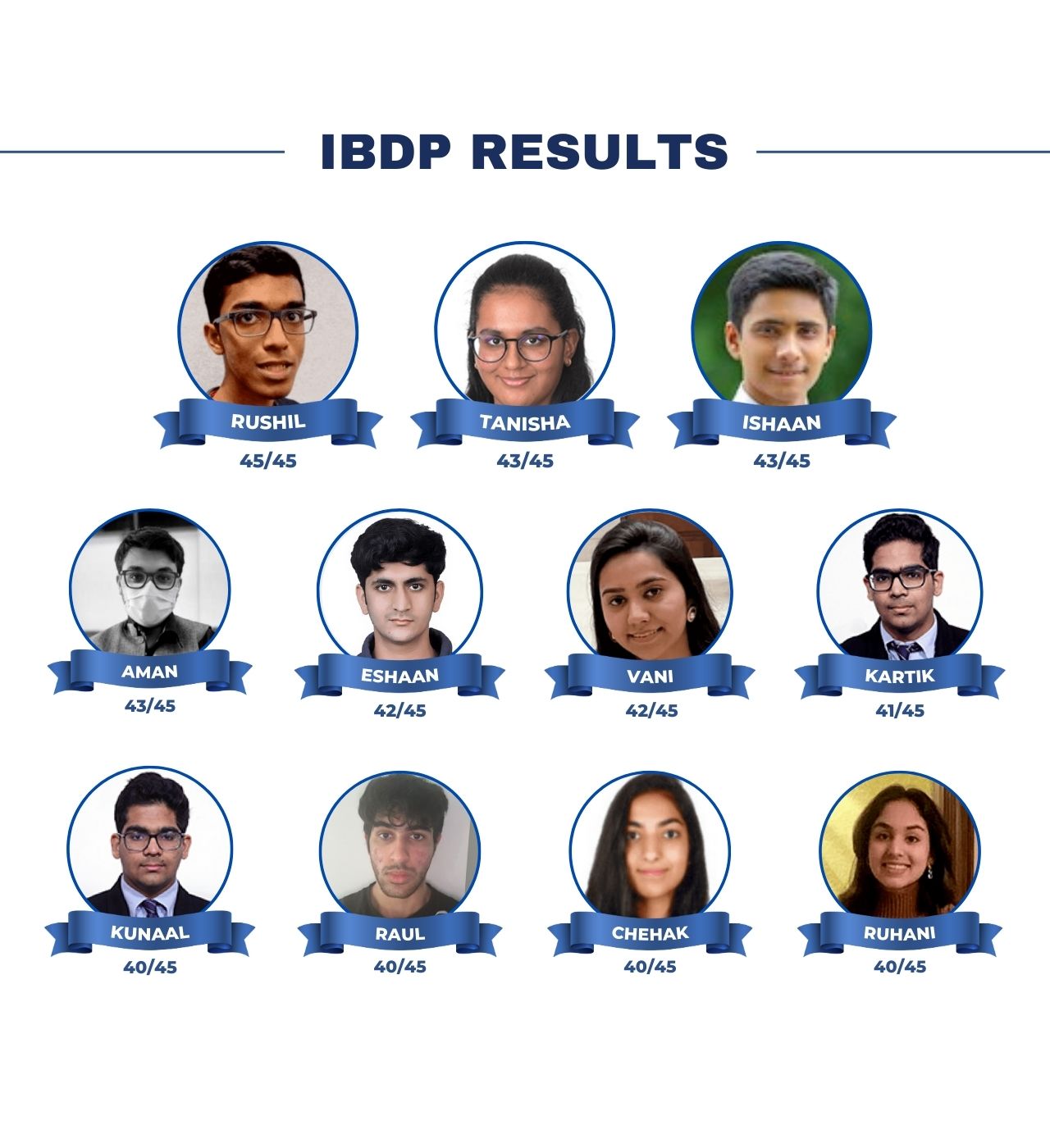
A brief history
Nagoya University, a prestigious Japanese national institution, has a rich history that dates back to 1871 when it originated as the Temporary Medical School/Public Hospital. Over time, its evolution continued as the Aichi Medical College’s administration was transferred to the national government in 1931, laying the foundation for the establishment of Nagoya Medical College. The subsequent year, 1939, marked the creation of Nagoya Imperial University, comprising the Schools of Medicine and Science and Engineering. Subdivisions followed in 1942, dividing the School of Science and Engineering into distinct entities, and in the subsequent year, the Research Institute of Aeronautical Medicine emerged. The adversity of World War II took a toll, causing significant damage due to airstrikes by the time the conflict concluded in 1945. Amidst educational reforms in 1949, Nagoya University emerged, aligning with Japan’s new educational framework.

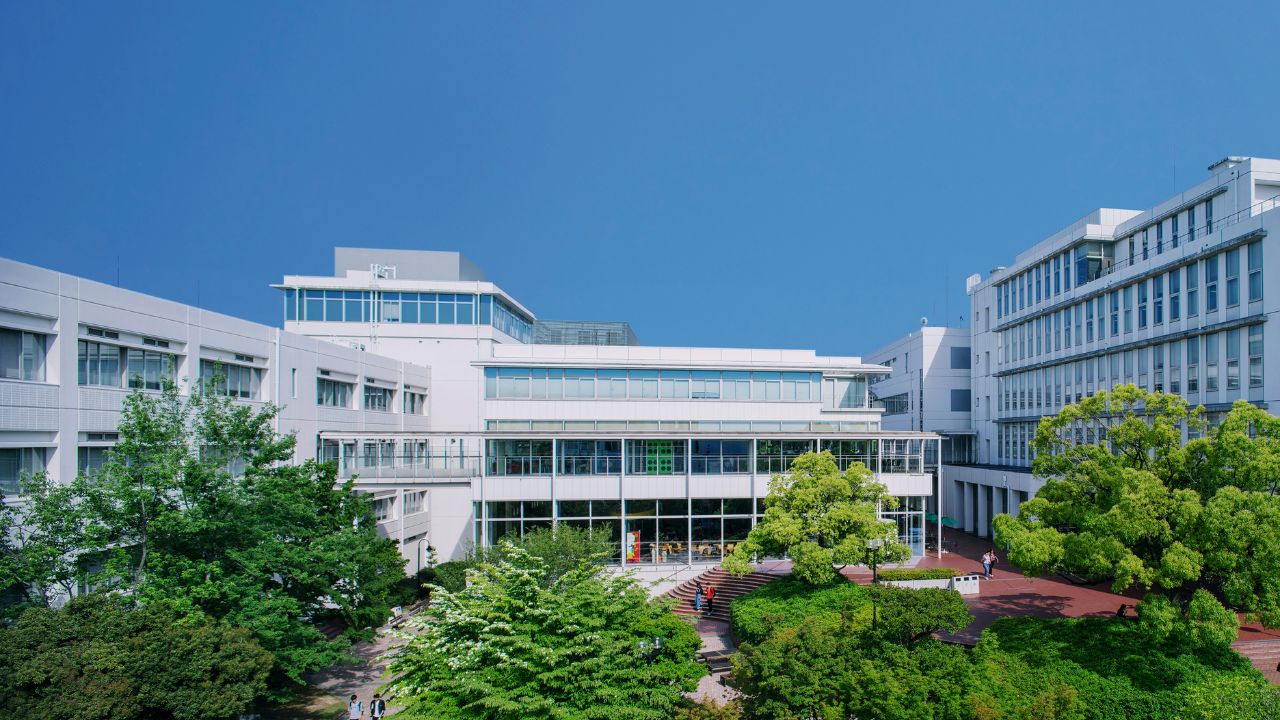
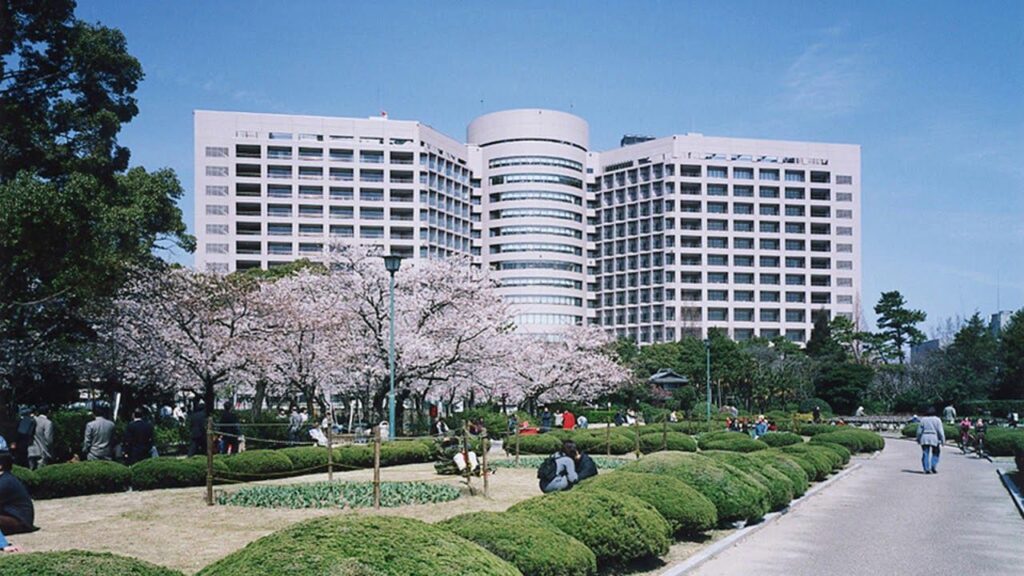







.jpg)


